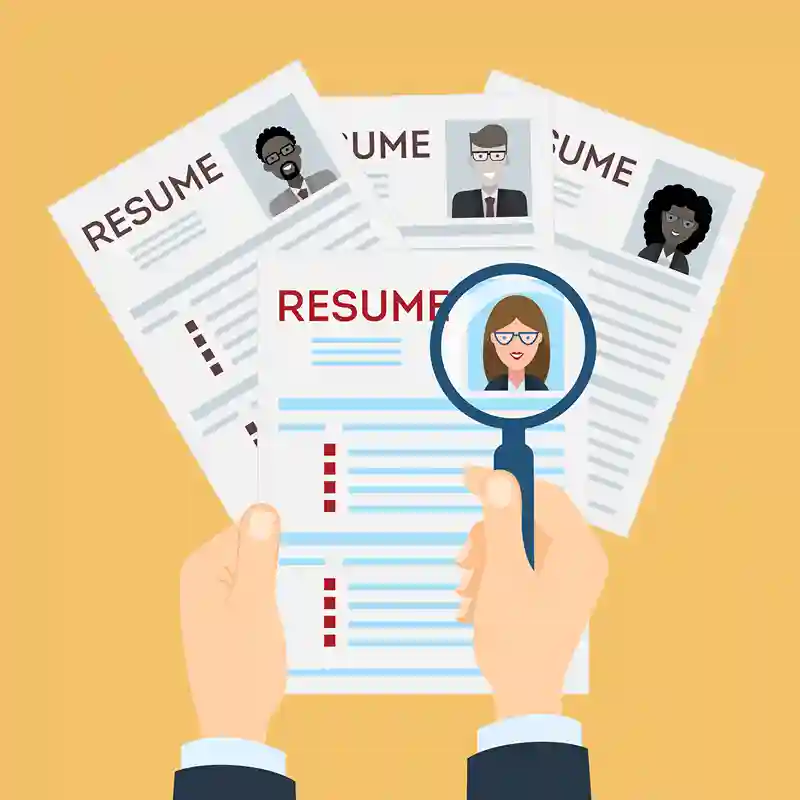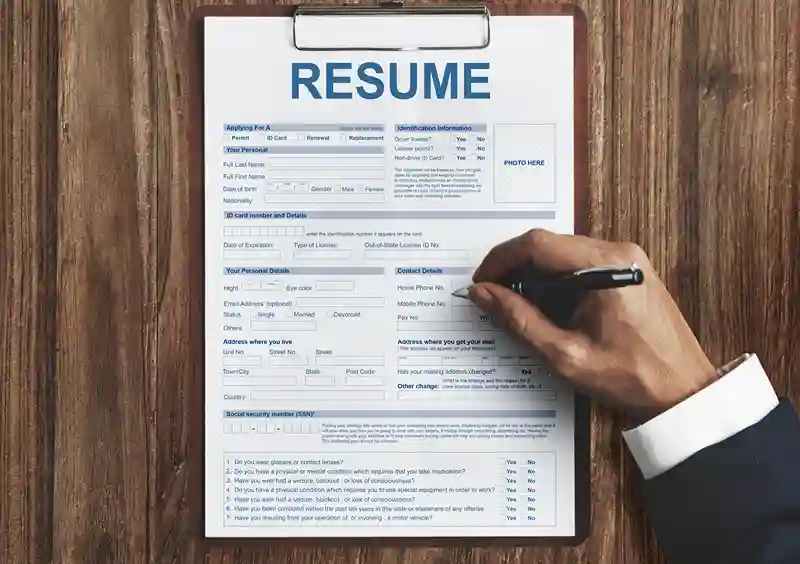Resume Keywords: Optimize Your Resume for ATS & Recruiters
In today's competitive job market, your resume needs to do more than just list your experience. It needs to speak the language of both recruiters and Applicant Tracking Systems (ATS). The secret? Strategic use of **resume keywords**. This guide will walk you through how to identify and integrate these crucial terms to boost your chances of landing an interview.
What Are Resume Keywords?
Resume keywords are specific words and phrases that recruiters and ATS use to search for qualified candidates. These can be skills, industry jargon, job titles, or specific achievements. Think of them as the 'buzzwords' that highlight your suitability for a role.
Types of Essential Keywords:
Hard Skills
Technical abilities like programming languages (e.g., Python, Java), software proficiency (e.g., Adobe Photoshop, Salesforce), data analysis, or project management tools.
Soft Skills
Interpersonal abilities such as communication, leadership, teamwork, problem-solving, and adaptability.
Industry-Specific Terms
Vocabulary unique to a particular industry or role (e.g., 'Agile Methodology' in IT, 'GAAP' in accounting).
Action Verbs
Powerful verbs that describe your accomplishments and responsibilities (e.g., 'managed', 'developed', 'implemented', 'achieved').
Understanding ATS and Why Keywords Matter
Most large companies use Applicant Tracking Systems (ATS) to scan, sort, and rank resumes based on keywords. If your resume doesn't contain the right keywords, it might never reach a human recruiter, regardless of your qualifications.
ATS acts as a gatekeeper, filtering out unqualified candidates. By optimizing your resume with relevant keywords, you increase its visibility and improve your chances of passing this initial screening.
How to Find the Right Keywords
- Analyze Job Descriptions: This is your primary source. Look for skills, qualifications, and responsibilities that appear repeatedly.
- Research Industry Trends: Use LinkedIn, industry reports, and professional associations to identify common terms in your field.
- Review Company Websites: Understand the company's culture and values; they might use specific terminology.
- Use Synonyms: Don't just use the exact word; think of related terms that convey the same meaning.
Common Keyword Mistakes to Avoid
- Keyword Stuffing: Don't overuse keywords unnaturally; it can hurt readability and be flagged by ATS.
- Using Irrelevant Keywords: Only include terms directly relevant to the job and your experience.
- Ignoring the Job Description: Always tailor your resume to each specific job application.
- Forgetting About Human Readers: While ATS is important, your resume must still make sense to a human.
Ready to Optimize Your Resume?
Our Free Online Resume Builder simplifies the process of creating a keyword-optimized resume. With professional templates and an intuitive interface, you can effortlessly craft a resume that stands out to both ATS and human recruiters.
Build Your Keyword-Optimized Resume Now!Frequently Asked Questions About Resume Keywords
How many keywords should I use on my resume?
Focus on quality over quantity. Integrate relevant keywords naturally throughout your resume, aiming for a balance that makes sense to both ATS and human readers. There's no fixed number, but ensure key terms from the job description are present.
Where should I place keywords on my resume?
Keywords should be integrated naturally in your professional summary, work experience bullet points, skills section, and even education and certifications. The goal is to make them organically part of your content.
Do soft skills count as keywords?
Yes, absolutely! Soft skills like communication, leadership, and problem-solving are increasingly valued by employers. Include them in your skills section and demonstrate them through your work experience bullet points.


